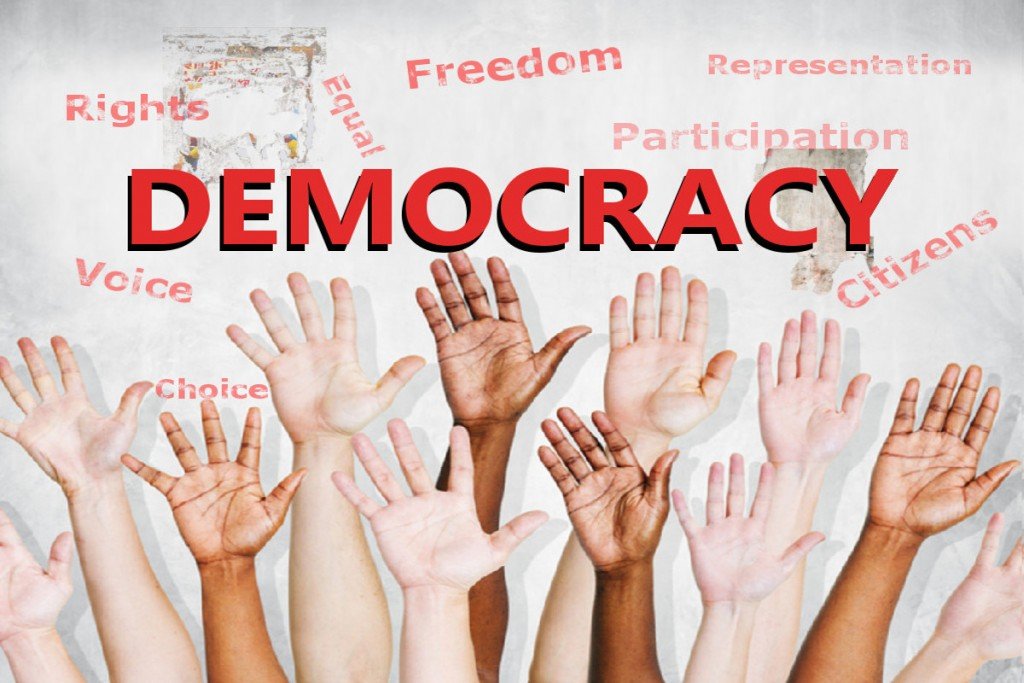We are surrounded by dos and don’ts in every area of human life. From home to neighbours’ houses, schools, workplaces, and markets, these rules have denied us the freedom to experience what it feels like to be human and creative beyond the limitations of where we reside at particular moments.
One of my lovely readers responded to the comment session on the need to protect “humanity from self-destruction,” protection that limits a person’s exploration of what others or institutions believe to be harmful.
We all suppose that institutions are the best mechanisms to create compliance, stability, clarity and order among individuals who may develop divergent patterns of behaviour based on their experiences, knowledge, reasoning and logic, but how far do these instruments take use if they barely apply to Authorities?
The existence of formal and informal institutions (rules) in developing countries like Tanzania has been capitalised and entrenched to create fear, build loyalty, maintain domineering and suppress opposition, considering the 1962 constitution of the Republic of Tanganyika and the 1965 interim constitution of Tanganyika and Zanzibar Union, the pattern of behaviour it creates to citizens and the long-lasting impact that the land will endure before its complete deterioration is alarming and hostile for political and economic development.
Also, read Chadema’s Internal Strife: A Constitutional Crisis Threatens Party Unity
Considering informal institutions in East Africa that stress the maltreatment of oppositional parties and the brainwashing effect it has, especially in rural areas, for example, in village dwellers programmed to believe that oppositional leaders will bring misery and instability to the country.
The state apparatuses created by these institutions have been so innovative that they have been gamely manipulated to protect only those who hold people and resources, to the extent that the country’s democratic politics are measured only through periodic, regular elections.
Take a look at the peaceful demonstrations that ought to have happened on 23rd September and the police declaration of disclaimer regardless of the sensitivity of the matters that people are demanding.
Tanzanians’ politeness is a product of these instruments, which found their roots in the pre-colonial regime, extended to the colonial regime, and perpetuated themselves into the 21st century.
The end of these rules by altering the constitution will require radical changes in people’s mindsets to ensure they don’t revert to old practices and turn the previous rules into informal institutions.
The more these rules prevail in East Africa, the more common behaviour develops among people, and the less divergent behaviour emerges. However, the radical change will demand time to internalise within people and create different behaviour patterns in their daily interactions in social, political, and economic spheres.
As we look forward to having a federation government of East Africa, it’s important for these governments to genuinely abandon institutions that setback the progress and common objectives of the East African Community.

